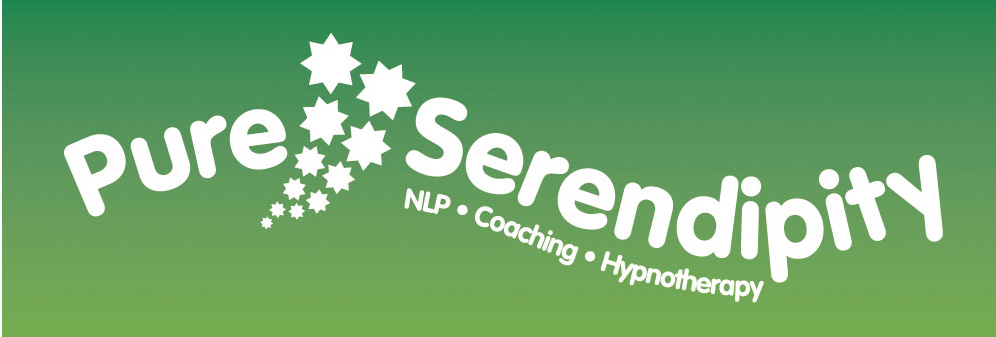Reading a book review on Amazon recently, I found myself brought sharply up against a question which had been rising gently through my mind – like an early morning spring mist– for a few weeks. Is there a place of NLP, coaching and hypnotherapy and for ‘self help/development’ in faith? How do the two square with each other?
Is there a place? Well, the answer is ‘it depends’. On what your understanding of faith is and which spiritual tradition you’re coming from. I had been considering it –as had the reader’s review -from the Judaic- Christian viewpoint. And whether or not that’s your own tradition, whether you consider that you have a firm faith or none – I think there is potential learning and growth for all of us in considering this question.
So, from the Judaic -Christian viewpoint is there a place for NLP, coaching, hypnotherapy and so on? And, if so, what is it?
On the one hand, there will be those who, as result of their faith and their understanding of the scriptures, will say that it has no place. That ‘God alone is enough; in Him I trust’ and that if you ‘let go and let God’ all will be well and all manner of things will be well. For some that view, sincerely held, will be their reality.
In pondering this question I was, however, reminded of the joke about a man stuck on an island as the rains came, the river rose and the storms lashed about him. A passerby on the bank threw him a rope but the man refused to grab it. ‘Thank you,’ he said ‘but I won’t need that. God will look after me.’
The storms continued to rage, the river continued to rise –threatening to burst its banks. A rescue team, alerted by the passer by, sent a boat to the man in the river. Once again he refused to get in because “God will look after me”.
The rains lashed down even harder, the wind howled incessantly and the river continued to rise. Cold and exhausted, the man found just enough strength to climb the pole of a navigation marker. As he did so, a helicopter came by to pick him up. They winched someone down who started unravelling a harness so they could lift him to safety. But again the man refused, saying ‘thank you. But that won’t be necessary. I’m sure God will look after me’.
The storms continued and no more help came. The man drowned. When he stood before God, he was both angry and hurt. “Why didn’t you look after and save me?” he screamed. God, sighed, and with deep compassion and sadness said “I wanted to. I sent you a rope, a boat and a helicopter. What more do you want?”
I was reminded, too, of the story of Jesus feeding the five thousand and a ‘take’ on this which I first heard, quite unexpectedly, from the mouth of Michael Breen but which I have since heard from an Anglican pulpit and which I have continued to develop and refine as I ponder the place for NLP etc alongside faith.
[For those of you unfamiliar with the story, briefly it’s this. Jesus and his disciples take themselves off for some peace and quiet. But people got to hear of it and followed him and soon there was a big crowd. Jesus spent some time teaching the crowd before the disciples started to encourage him to send the people away to find food and lodging. Instead, Jesus tells his disciples to give them something to eat. They start to protest that there are too many people and it will cost too much and Jesus, rather than saying ‘ok then, leave it with me’ tells them to hunt around and find out what food is available. The answer? ‘Five loaves and two fishes’; hardly, one would think, enough to feed Jesus and his immediate followers, let alone such a large crowd. But Jesus takes what they’ve found and uses it – and there is more than enough food for everyone].
Now whether or not you take the story as a literal account of not, I think it has some clues to the answers to my question. It suggests to me, that faith recognises and requires us to identify and acknowledge the resources we already have and can call upon – both in ourselves and from around us including God, whatever that means for us. The NLP presupposition that ‘you have all the resources you need’ is consistent with the feeding of the five thousand. It isn’t about being self reliant; it is about reviewing and using what you’ve got (something the man by the river singularly field to do with devastating results).
It reminds us that sometimes help comes from unexpected or previously unknown or ignored sources (the loaves and fishes were provided by a small boy, easily overlooked in a large crowd – or dismissed because ‘there’s no way that will work – five loaves and two fish to feed five thousand? Impossible!’). And of course, one of the presuppositions of NLP reminds us that flexibility is key to success.
In the Bible story, the disciples have to hand over what they’ve got – until they do so, the loaves and fishes will be woefully inadequate. This is a useful reminder of the importance of committing to and engaging with the process and of taking action rather than leaving it – and responsibility for the outcome – with someone or something else.
There’s more, of course, (al[l]ways) and for now I have my answer. How about you?




No comments:
Post a Comment